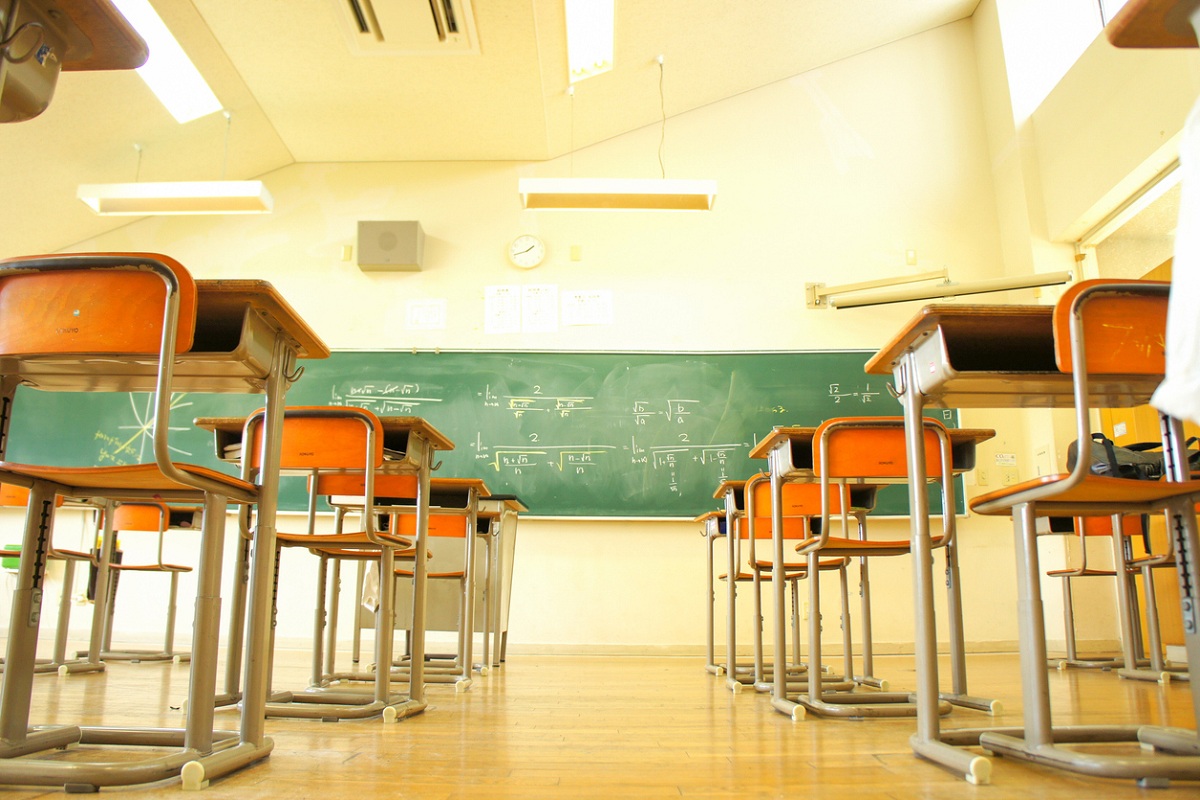Delhi PWD Minister inspects development projects
During the inspection, Minister Pravesh Verma took stock of three important projects. The first is from Bhoro Marg to Sarai Kale Khan where road strengthening work is going on till the ring road.
Delhi government directed all government-aided and unaided recognized private schools to comply with National Commission for Protection of Child Rights’ (NCPCR) guidelines on ‘Eliminating Corporal Punishment in schools’

(Representational Image: iStock)
Delhi government on Thursday directed all government-aided and unaided recognized private schools to comply with National Commission for Protection of Child Rights’ (NCPCR) guidelines on ‘Eliminating Corporal Punishment in schools’.
“All Heads of Govt., Govt. Aided and Recognised Unaided Private Schools under Directorate of Education are hereby directed to familiarise themselves with the guidelines formulated by NCPCR regarding ‘Eliminating Corporal Punishment in Schools’ and ensure the compliance of the above guidelines in their respective schools,” the Delhi government said in a statement. Citing Article 21A of the Constitution, NCPCR insisted on the elimination of corporal punishment to children in schools.
Advertisement
“I am inviting your reference to the increasing number of cases of “Corporal Punishment” in Schools in the guise of disciplining and setting order amongst children in Schools being frequently reported to the Commission. In several such instances, it has been noted by the Commission that Corporal Punishment to Children has led to disabling some children (fractures, impaired vision and hearing), mental abuse, cruelty, sexual abuse, harassment and even death due to the severity of Corporal Punishment meted to children,” NCPCR said in a statement.
Advertisement
“It is pertinent to mention that Children are citizens of this country having Constitutionally guaranteed Fundamental Rights. Article 21 of the Constitution of India which protects the right to life and dignity includes the right to education for children up to 14 years of age.
Corporal punishment amounts to abuse and militates against the freedom and dignity of a child. It also interferes with a child’s right to education because fear of corporal punishment makes children more likely to avoid school or to drop out altogether. Hence, corporal punishment is violative of the right to life with dignity,” the statement added further.
Advertisement